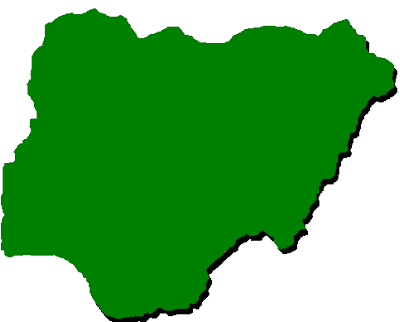By Dan Amor
In 2015, during the Presidential campaigns, the ruling party, the
All Progressives Congress (APC) then in opposition, promised Nigerians heaven
on earth. They said they would turn Nigeria
to a new paradise in Africa . Boko Haram would
be defeated in six weeks. The pump price of petrol would be brought to forty
Naira per litre. Naira, the Nigerian currency would be made to be at par with
the American dollar. Primary and secondary schools students would be provided
free food daily. Unemployed Nigerians would be given a welfare stipend of five
thousand Naira (N5,000) each every month.
The list included over 150 promises, too numerous to be
accommodated here. More than sixteen months of the APC in the saddle, Nigerians
are told to be prepared to make sacrifices, that the change must begin with
them. Boko Haram has been defeated only on paper. Sambisa forest has been liberated by federal
forces. But the insurgents have metamorphosed into killer herdsmen who are
being pampered and protected by security forces to kill armless Nigerians. The
Nigerian currency has nosedived several octaves below its metropol. It now
exchanges for almost 500 to the dollar from N165 to the dollar in May 2015.
Petrol which sold for N86 as at May 2015 now sells for N145 per litre. Millions
of school children are still at home more than a month after schools have
resumed across the country. Everywhere, there is hunger and gnashing of teeth
as inflation has risen above rooftops. But, in his October 1 independence
anniversary broadcast to the nation, President Muhammadu Buhari asked Nigerians
to hope for tomorrow, that tomorrow would be better. Are Nigerians hopeful of the day after? Will tomorrow ever come? The
collective answer to this poser is a resounding NO. Tomorrow hardly comes.
If Nigerians are no
longer hopeful of tomorrow, they deserve pardon. For, never in the history of mankind have a
people been so brutalised and tortured by the very group of people who are
supposed to protect and nurture them. They ought to be pardoned knowing full
well that their manifest state of hopelessness has extended beyond
disillusionment to a desperate and consuming nihilism. Which is why the only
news one hears about Nigeria Nigeria
















